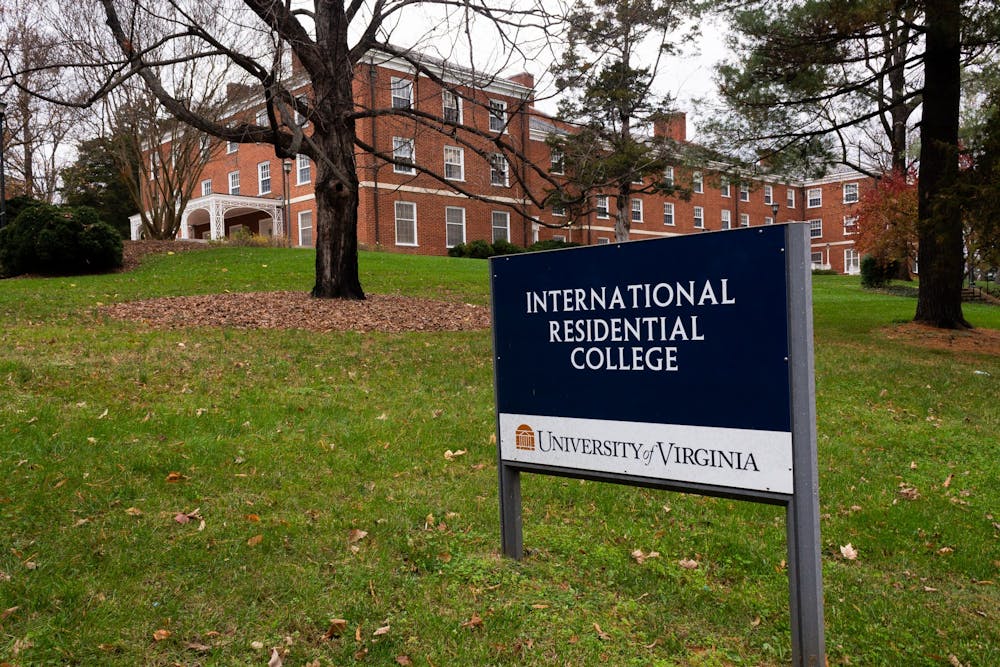After being converted into quarantine housing for the fall semester, students will be able to apply to the International Residential College for the 2021-22 academic year. For the spring semester, however, the IRC will continue to serve as a possible quarantine location.
Residential college and language house applications for the next academic year opened Jan. 5 — including applications for the IRC. The deadline for new residents to apply is Jan. 28 at noon. The undergraduate housing option is centered on cultural diversity and global perspectives, and its residents consist of 70 percent domestic students and 30 percent foreign students.
Three hours after U.Va. confirmed plans to continue with in-person instruction last semester, the IRC was converted into quarantine housing, along with Johnson, Malone and Weedon Houses and Shea House. Residents were notified Aug. 28, less than a week before students were scheduled to move-in, and given just 24 hours to either request a housing reassignment or cancel their on-Grounds housing contract. The University’s decision displaced hundreds of students who were looking forward to living in the IRC’s unique community.
The IRC was at zero occupancy during the fall semester, according to the principal of the IRC, Engineering Prof. Reid Bailey, and the dormitories were not needed to accommodate quarantining students since the University only used a portion of their planned quarantine housing.
Other universities struggled to maintain enough quarantine and isolation spaces during the fall semester, contributing to many school closings. Relocating students allowed the University to create more quarantine and isolation rooms to accommodate students who were sick or had been exposed. The University created approximately 1,500 quarantine and isolation beds.
Marsh Pattie, assistant vice president of student affairs, said that students took up around 30 percent of quarantine inventory and 10 percent of isolation inventory at peak occupancy during the fall semester. As a result, some planned quarantine spaces weren’t used.
According to Pattie, it is still too early to determine what spaces will be used for quarantine and isolation housing for the 2021-2022 academic year.
“No one can predict what will happen with the pandemic next year. We will continue to monitor the pandemic’s status throughout the spring semester and summer in order to determine appropriate resources for the fall,” Pattie said.
Bailey says that the application process will be similar to previous years, though he does not know whether the COVID-19 pandemic will affect the IRC’s capacity.
In a normal year, the International Residential College is home to around 320 undergraduate students, representing more than 30 countries. Of these students, 25 percent are usually first years. The pandemic has disrupted many aspects of these students’ first semester in college, including an opportunity to live in the IRC.
Normally, the IRC submits a list of students to Housing and Residence Life, and HRL decides how many students to accept. For next year, it is unclear how many students they can house, but Bailey has a hunch that HRL will want the IRC to remain at the usual capacity.
“I think first years who really missed out on a full residential experience should be clamoring for the three residential colleges as we are places where you can have that [experience], even as a second year or later,” Bailey said.
Despite not living together this year, members of the International Residential College have continued to meet as a community through socially-distanced “Food Fridays'' and virtual gatherings.
“Our focus has been just providing safe ways for students to engage with each other — as so many students are isolated for most of the day,” Bailey said. “I don’t think we’ll really know the impact [of this year’s displacement] until we come back together and are all living at the IRC again.”





